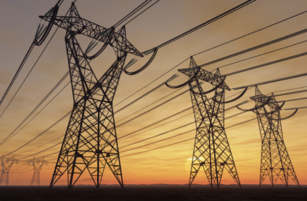Main points
- Major electricity distributors’ tariff rise was mitigated by 2%.
- Water scarcity tariff flags were increased, but fortunately reservoirs remain well filled.
- The fourth change of Petrobras CEO so far this year is about to happen.
Winter came together with tariff rises by five major electricity distributors. However, almost all of them were alleviated by tariff mitigation measures.
The National Electric Energy Agency (Aneel) approved the rules for accounting for the BRL 5b (USD 953m) contributions by Eletrobras to the Energy Development Account (CDE). As a result, this week’s tariff readjustments were just over 2% less than originally calculated.
Not everything is perfect, the agency also approved new values for tariff flags, with considerable increases in the red flags level 1 and yellow. The good news is that everything indicates that this year’s rains will keep the green flag, without adding to the electricity bill, which has been in effect for a long time.
ICMS Tax Capped on Fuel
Another piece of positive news for the consumer is that President Jair Bolsonaro approved Complementary Law No. 194 which places a ceiling of around 17% on the ICMS tax rate charged by states on fuel, natural gas, electricity, communications, and public transport. The effect on energy bills will materialise in the coming months.
Yet Another New Petrobras CEO
There may be some relief on electricity bills, but this might not be the case at the petrol pump. The week began with the resignation of yet another Petrobras CEO, marking the fourth change in office this year alone.
José Mauro Coelho, who had wanted to remain in office until stockholders had voted on a successor, presented his resignation on 20 June. The state-owned company’s board chose Fernando Borges, the company’s executive director of Exploration and Production, to serve as interim CEO until a new CEO is appointed.
Even with the changes, the Minister of Mines and Energy, Adolfo Sachisida, reiterated the existence of laws that prevent the government from interfering in Petrobras’ pricing policy, even though it is the majority shareholder.













